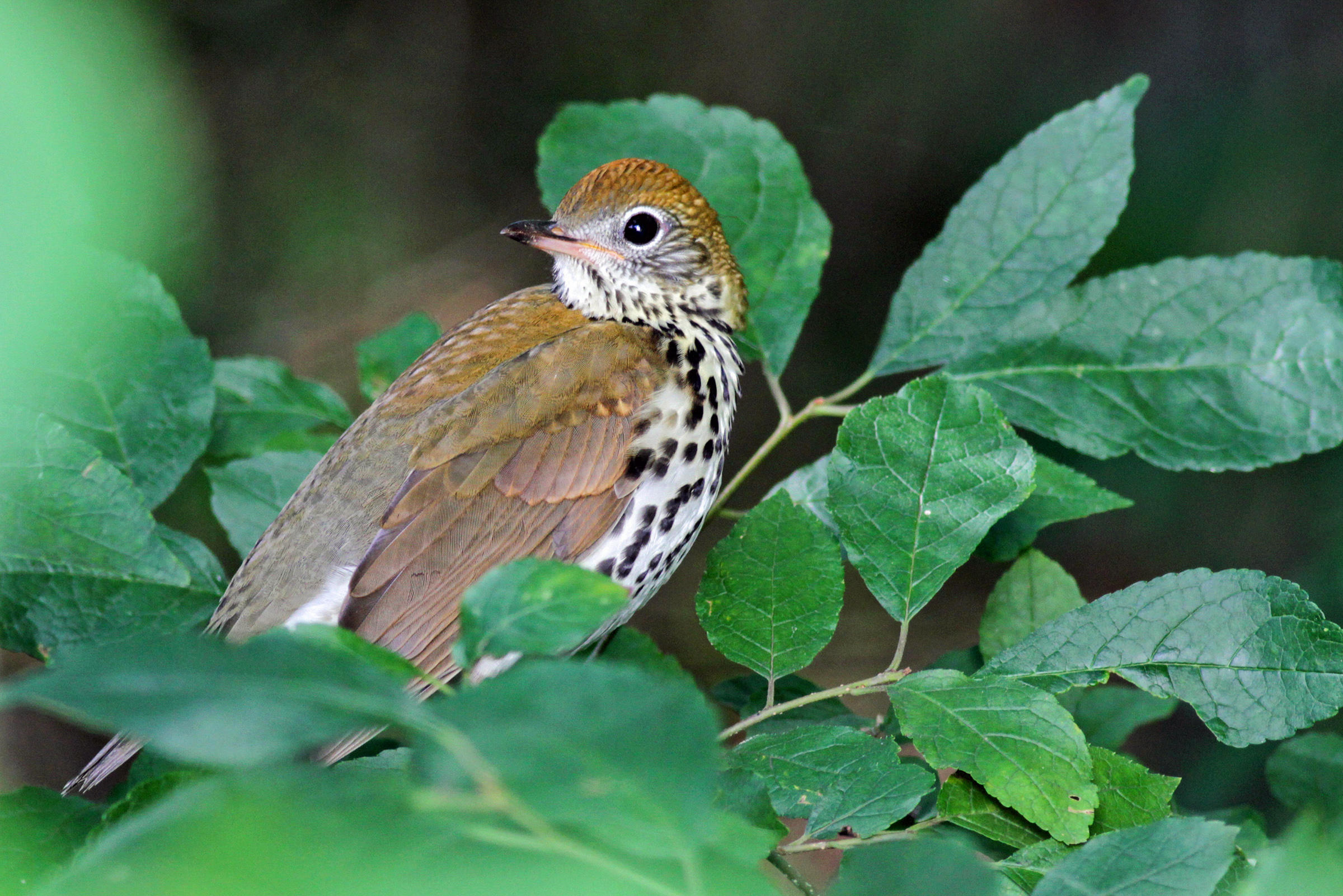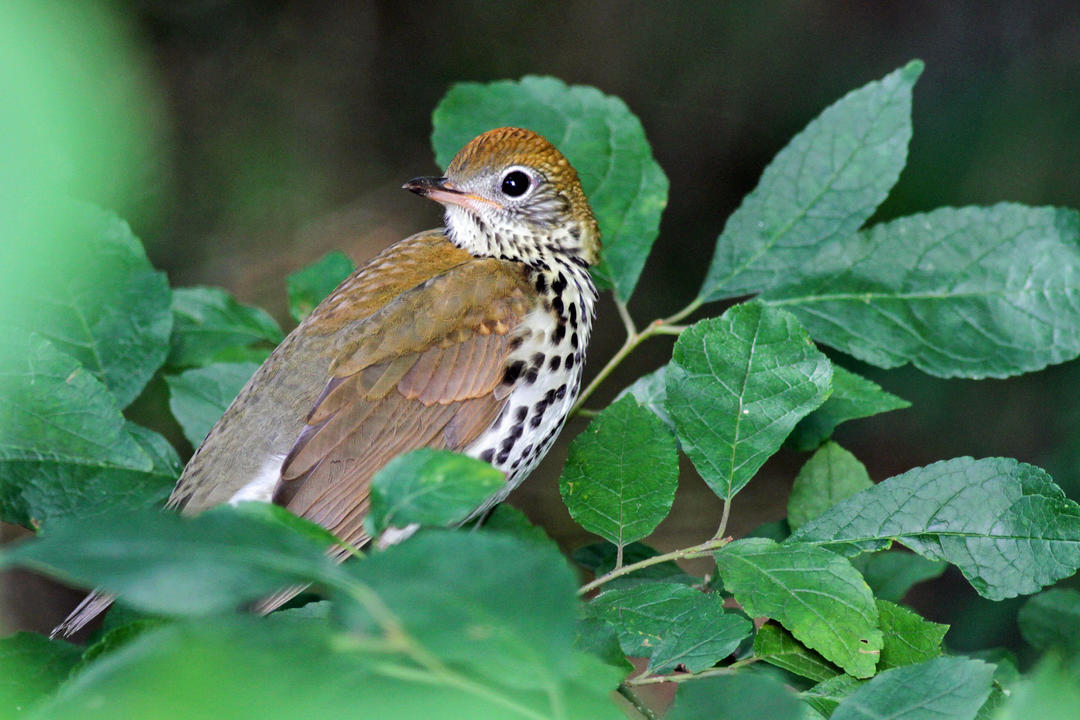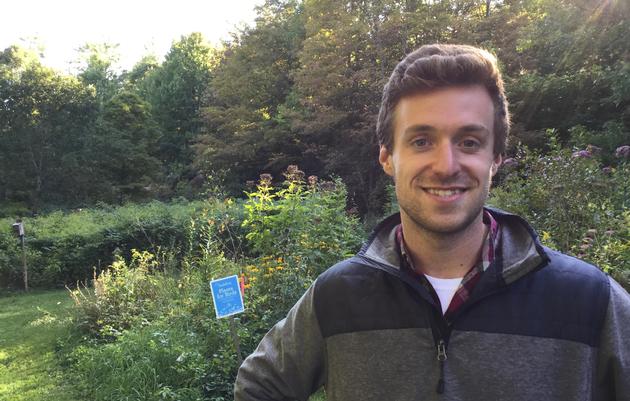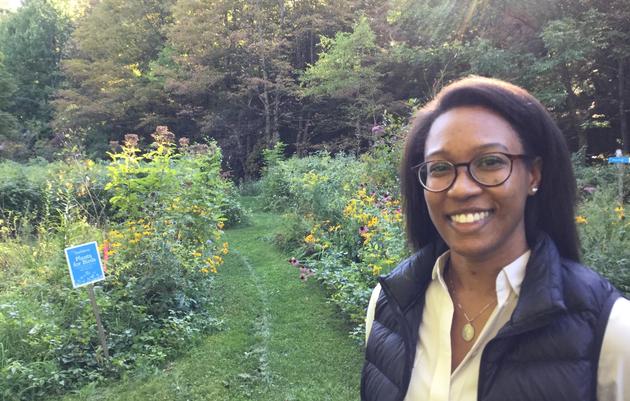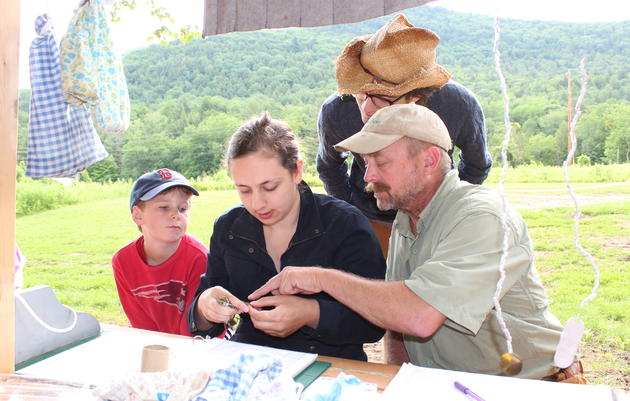Please enjoy these two articles discussing the importance of Vermont’s forests to our birds, to our climate, and to our economy. All three goals are linked together and I was pleased to have the help of two policy interns at Audubon this fall to help Audubon Vermont and our members better understand the complexities of this important issue.
Chaveli Miles, from Williston, is a recent graduate of Colgate College with a bachelor of arts degree and a major in geography and environmental studies. Erik Sievert, from Burlington, has a bachelor of arts and a major in government, with a masters in public administration from UVM. Both tackled the question of Vermont’s forest protection policies from different angles, but reached similar conclusions – we need to actively manage Vermont’s forests and, at the same time, be cognizant of the critical importance of ensuring that our management is sustainable, maximizing the ecological health of our forests, while creating economic incentives to keep our forests as forests.
"Active forest management is vital to creating diverse habitats for Vermont’s native bird populations. But, Vermont’s forests are not just for the birds. From addressing carbon pollution to boosting local economies, Vermonters depends on healthy forests." Chaveli Miles
Consider the impact of important Vermont legislative policy on healthy forests and birds.
Read Chaveli's article Vermont’s Forests: Not Just for the Birds.
"The protection of Vermont’s forests, and forest economy, are vital to our state’s goals to contribute to eliminating our state’s share of carbon pollution, and to adapting to the extreme weather events caused by the climate crisis. In doing so, it is critical that Vermonters and decision-makers alike understand the complexities and implications of using wood as a source of biomass energy." Erik Sievert
Learn how Vermont’s forests play an important role in understanding climate change and addressing the state’s carbon emissions.
Read Erik's article Seeing the Forest for the Trees: Managing Vermont’s Forests in the 21st Century.

